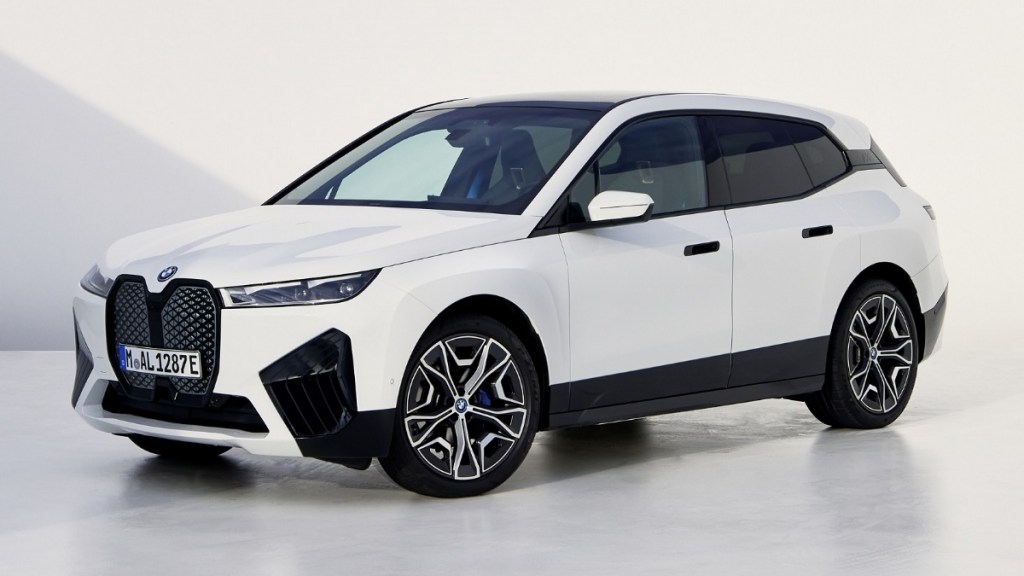BMW leads the charge in the luxury electric vehicle segment by a mile. The company revealed that EVs constitute 10 per cent of its annual sales figures which no other manufacturer can boast about. Currently both the global and the Indian markets have been struggling in the EV division. Speaking about the international market, BMW has muscled its way to take the third podium spot in the EV segment after Tesla and BYD. After a high in the first half of this year, BMW cautiously believes that subsidies and government policies will play a vital role in further growing this segment.
BMW on pole position in EV circuit
BMW has been growing from strength to strength in India as the German car manufacturer recorded its highest-ever H1 car sales in India. The BMW Group registered an impressive 21 per cent growth in car sales. The cherry on top was that the company delivered 2000 EVs to date with the iX leading the way accounting for over 1000 units. To put it into context, the starting price for the iX is nearly Rs 1.4 crore, ex-showroom.
Vikram Pawah, President and CEO, BMW Group India explains the reason why the iX is a best-seller because it is equally in high demand in the metros, tier-II and tier-III cities. He said, “It’s all about understanding and providing the right product to the right customer and offering the right support mechanism.” He added the reason BMW is seeing growth in the EV sector is because of offering “better products”.
Keeping this momentum is clearly going to be a challenge for BMW as the EV adoption has seen a slowdown in the Indian and International markets. Jean Phillipe Parain, Senior Vice President Sales Region Asia-Pacific, Eastern Europe, Middle East and Africa at BMW Group acknowledges that there is a global EV slowdown, but this is linked to the reduction of subsidies. He added to ensure a smooth transition from ICE to BEVs and to quicken EV adoption, incentives play an important role, which brings down the price disparity.
BMW is committed to the government’s EV policy and Pawah says, “We see EVs clearly in the Indian context because the number of kilometres we drive is fairly reasonable as its mostly intra-city travel. We also spend a lot of time in the car due to the traffic conditions. So the running costs also become a prime criterion to make a decision. This is where our EVs come in as they offer a range between 400 km to 600 km. We also have the most diverse portfolio in the country going beyond the luxury segment.”
Locally produced EVs
With promising numbers in the EV segment, BMW is keeping its feet firmly on the ground as the demand for EVs is slowing down in all major markets in the world. Pawah mentioned that the company is open to exploring options for locally assembling EVs after a certain growth in volume and demand. In India, the EV market is still emerging. However, Pawah noted some optimistic indicators, stating, “Observing recent trends, we’ve noticed a shift from diesel to electric vehicles among consumers, primarily for economic reasons.”
At present, the BMW Group offers a lineup of eight electric vehicles, which includes the newly introduced all-electric Mini Countryman and the CE 04 electric scooter by Motorrad.
